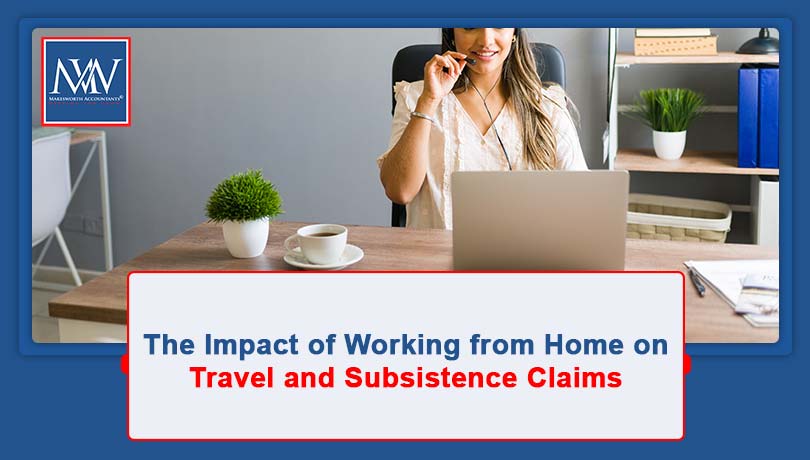Spreading Holiday Cheer with Tax-efficient Christmas Parties and Gifts
As the holiday season approaches, employers can spread cheer among employees tax-efficiently by leveraging exemptions for annual parties and trivial benefits. Here’s how to make the most of these opportunities: Christmas Parties To ensure your Christmas party is tax-exempt, the following conditions must be met: Annual Event: The party must be an annual occurrence; one-off
Learn More








